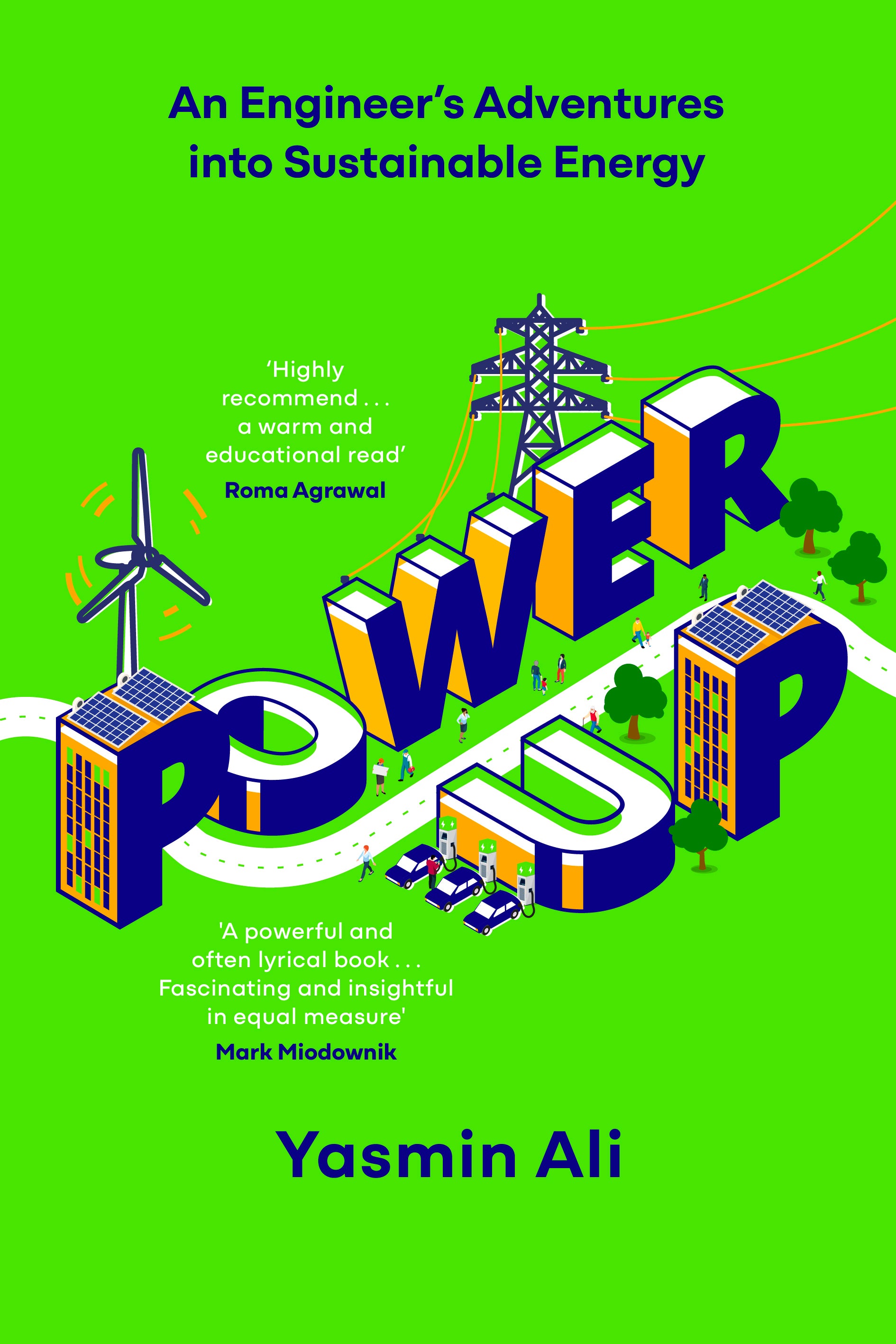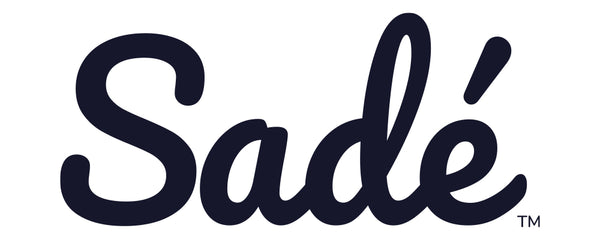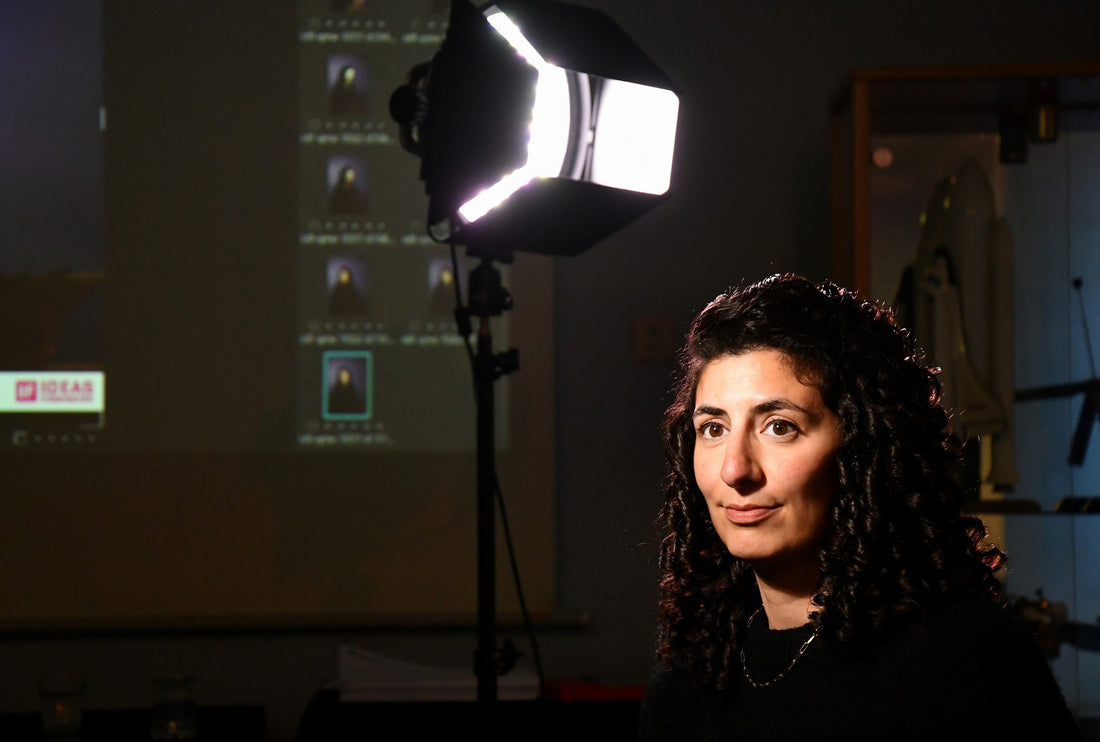Through our Writer Spotlight Series, we strive to cultivate a positive representation for young women by engaging in insightful dialogues with various writers and illustrators. In this edition, we present the illuminating conversation we had with author Yasmin Ali, delving into the themes and inspirations behind her captivating book, Power Up: An Engineer’s Adventures into Sustainable Energy.
Thank you! I love to write; it feels natural to me to take time to think and reflect and turn my thoughts into words on a page. I also love my work in engineering and energy. For many years, I didn’t know how to bring these two sides together, which on the surface seem so different. I slowly started to write short articles for engineering magazines and looked for opportunities to do science communication, and I found out about other engineers who had written books and thought ‘Aha! This is what I need to do.’ Looking at the energy-related books out there, I couldn’t find a personal story and global view of how we get, move and use the energy resources that power our lives… and of course our reliance on fossil fuels, energy transition to renewables, and the interaction with climate change, so I have brought the book I was looking for into the world!

Could you provide a brief overview of the central themes or messages readers can expect to find in Power Up: An Engineer’s Adventures into Sustainable Energy?
My aim with Power Up was always to entertain and inform, and take my readers with me on a journey so that they can see over my shoulder into the hidden world of energy – it is my story of going from jobs in fossil fuels to renewable energy, against the backdrop of a global energy transition. It is a very personal story, starting in Baghdad, Iraq where I was born and spent the first few years of my life, experiencing power cuts and how oil and gas resources can shape a nation. From here, we follow the path of energy – from where we get it like fossil fuels in the North Sea, nuclear power in Finland, and shimmering solar panels in the Indian desert.
Once we’ve got hold of energy, it is moved in vast ships across oceans or long pipelines snaking over country borders. When it finally arrives at its destination, we use energy in every aspect of our lives like heating homes in cold the north of Europe or air-conditioning buildings baking in Australia’s summers. We use energy to produce fertiliser in factories that allows us to grow food, using those ingredients to make delicious meals, and we enjoy those meals when visiting friends and family near and far in fuel-consuming cars, planes and even ships.
There is sometimes a perception that STEM and engineering are not attractive or suitable careers for women. Women who believe this are missing a trick! Working on the energy transition and contributing to the solutions for climate change is incredibly fulfilling, and it is very much like a choose-your-own-adventure game with a huge variety of different roles and career routes you can take. If I went back to the start of my career and did it again, I would probably end up in a totally different, equally interesting place today!
In Power Up, I speak to many women in the energy sector doing all sorts of different jobs – captaining a natural gas ship, decarbonising the manufacture of concrete, and providing remote communities with small renewable power systems. I hope that these examples, alongside my own experiences, spark some curiosity and prompt young women to think about and explore these options.
Being totally honest, it was an accidental and rather poorly researched choice. I was struggling with the pressure of choosing a career for the rest of my life at the age of 17, so I picked doctor because it’s what my parents do and I knew what it meant. But I didn’t get into university to study medicine for two years in a row… I had put down ‘chemical engineering’ as my safety option after getting a leaflet about the profession. The leaflet talked about the variety of sectors chemical engineers can work in – food, drinks, water purification, energy, making medicines – that variety appealed to me. It also said they were some of the highest paid graduates, I liked the sound of that! So, I ended up studying chemical engineering without knowing much more than that.
My perspective evolved enormously as I met more chemical engineers and learned more about the discipline. It is about turning raw materials into useful products, so chemical engineers touch almost everything we use in our lives. Biscuits, chocolate, toothpaste, moisturiser, vaccines – you name it, I bet you a chemical engineer was involved at some point! With that sort of power comes responsibility, and as chemical engineers we have to make sure we are doing things safely and sustainably, always improving on the past.
I also wrote about Bertha Benz, the wife of Karl Benz who is credited with inventing the first practical car (and the namesake of the Mercedes Benz car!). Karl invented the car, but Bertha was involved all along, and in 1888 she took it out of a day-long test drive, solving technical problems along the way and suggesting improvements to Karl when she got back. These pioneering women inspire me to keep going in my own job and continue to push for a clean energy transition, and to tell my story to hopefully inspire others.
I like talking to people and asking questions, so I tend to gather a lot of information from going to events and conferences and chatting to people. I do also read some of the more specialist engineering magazines like the chemical engineer, and pick up bits of energy news from listening to the radio. If I am looking for specific pieces of information about the energy sector, I usually start with the International Energy Agency – they have great, well-presented data and reports.
For anyone interested in chemical engineering, I’d recommend a series of articles I wrote for the Chemical Engineer magazine! I interviewed lots of different chemical engineers to find out what they do and how they got there so these will give a flavour of the diversity of chemical engineering careers. For example, I talked to Jaega Wise, the head brewer of a microbrewery in London, Olivia Sweeney who was at Lush working on fragrances for their beauty products, food engineers, educators, and others who have gone into acting, writing and fine art! The whole series is here
More generally for those interested in engineering, I’d also recommend the Tomorrow’s Engineers resources and the case studies on their associated
website Neon
About the author
Yasmin Ali is a chemical engineer, dedicated to developing renewable energy projects. Having worked in coal and gas fired power stations, oil and gas, district heating systems, and energy innovation, Yasmin transitioned away from fossil fuels into more sustainable energy systems over the course of her career. She has given over a hundred talks about engineering and energy, written for the BBC and Metro, featured in TV and radio programmes and completed a British Science Association Media Fellowship with the BBC’s Science Unit. In recognition of her public engagement work, Yasmin has been awarded and shortlisted for multiple industry awards, including the 2020 Women’s Engineering Society’s top 50 female engineers in sustainability.

